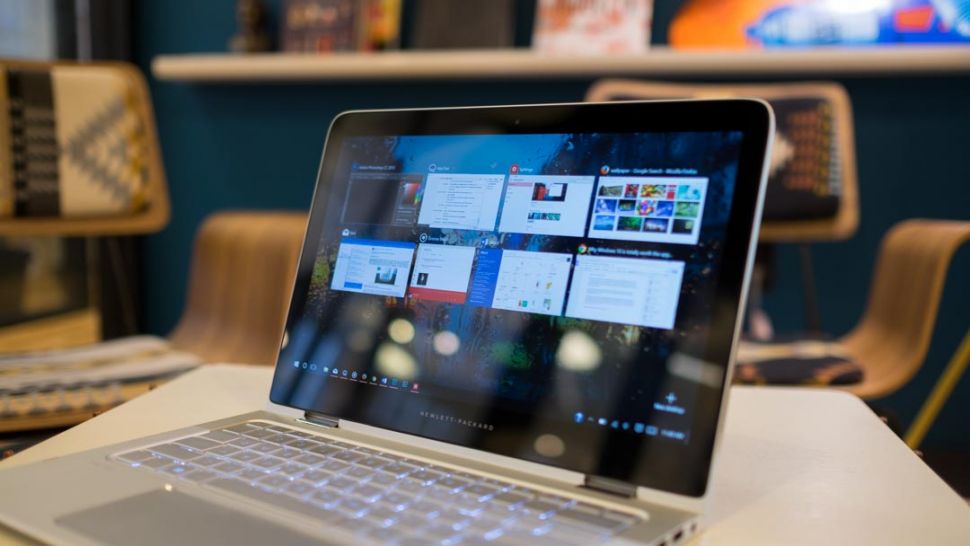Older versions of Windows 10 get a fix to help updates run more smoothly
Patch is being piped to versions prior to the April 2018 Update

Sign up for breaking news, reviews, opinion, top tech deals, and more.
You are now subscribed
Your newsletter sign-up was successful
Microsoft has unleashed a new cumulative update for Windows 10, aimed at improving the reliability of Windows Update components (funnily enough), although it’s not for those on the latest version of Microsoft’s desktop OS.
In other words, this isn’t for those running the April 2018 Update, but only folks on prior incarnations of Windows 10 (namely versions 1507, 1511, 1607, 1703, and 1709). Although not everyone will get it even in that case; more on that later.
As mentioned, the idea of this update is to make sure that the Windows Update process itself runs more smoothly by troubleshooting some possible gremlins (potentially corrupted or disabled OS components) that Microsoft has spotted. It may also actively engage in freeing up disk space on your device – if there’s not enough storage left to install Windows updates.
And part of that space-making exercise might involve “[compressing] files in your user profile directory to help free up enough disk space to install important updates,” Microsoft observes.
Cleaning house
You should note that the cumulative update may reset your network settings if it finds problems there, and also clean house with regards to Registry keys that might prevent some updates from being installed.
In short, behind-the-scenes there may be some poking about in the delicate bits of the system, which will hopefully all be for the better in the end, and may prevent you running into roadblocks with a future update for Windows 10.
You’ll receive the update via Windows Update if your computer needs it, and it’s only required by certain builds of the aforementioned older versions of Windows 10. In other words, don’t panic if you don’t get it – you don’t need it. And that might be why there’s no manual installation for the update available in this case.
Sign up for breaking news, reviews, opinion, top tech deals, and more.
For further details on exactly what’s involved with this one, check out Microsoft’s support post.
- Most of the best laptops of 2018 run Windows 10
Via Windows Central
Darren is a freelancer writing news and features for TechRadar (and occasionally T3) across a broad range of computing topics including CPUs, GPUs, various other hardware, VPNs, antivirus and more. He has written about tech for the best part of three decades, and writes books in his spare time (his debut novel - 'I Know What You Did Last Supper' - was published by Hachette UK in 2013).